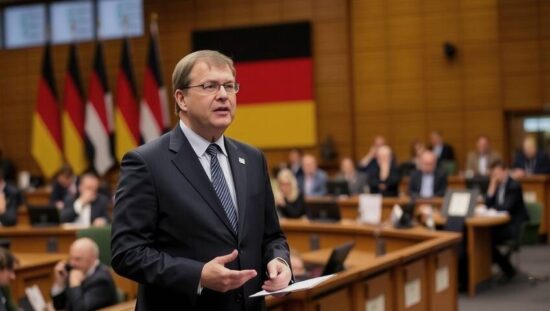The German government aims to find a majority for a new legislative project before the election. According to the “Tagesspiegel”, it is about a transitional regulation to ensure legal certainty for music schools and their teachers, as well as similar constellations in other industries, in the conflict over pseudo-self-employment.
The problem is the legal status of those who teach: Many of them had always worked on a fee basis and independently. However, in 2022, the Federal Social Court issued the so-called Herrenberg judgment, making it clear that it is a dependent employment if the teachers are integrated into organizational and administrative processes. This would suddenly put hundreds of thousands of people at risk of illegal pseudo-self-employment. Apart from music schools, the problem also affects, for example, adult education centers, universities, and private educational institutions.
Now, the Ministry of Labor has developed a transitional regulation, which the newspaper reports. The key point is a deadline of December 31, 2026. Until then, the employment can be considered self-employed, even if a factual review shows the opposite. “A well-functioning education sector is of outstanding overall social importance”, it says in the draft justification. Educational institutions would be exposed to high demands for social insurance contributions as a result of the judgment and would be endangered in their existence.
It is “exceptionally justified, (..) to waive the otherwise mandatory demand for social contributions for a limited period of time”. Educational institutions and teachers need sufficient time to adapt organizational and business models. The prerequisite is that both contract parties want to take advantage of the transitional period. For the regulation to come into effect, an agreement with at least parts of the opposition is needed.





